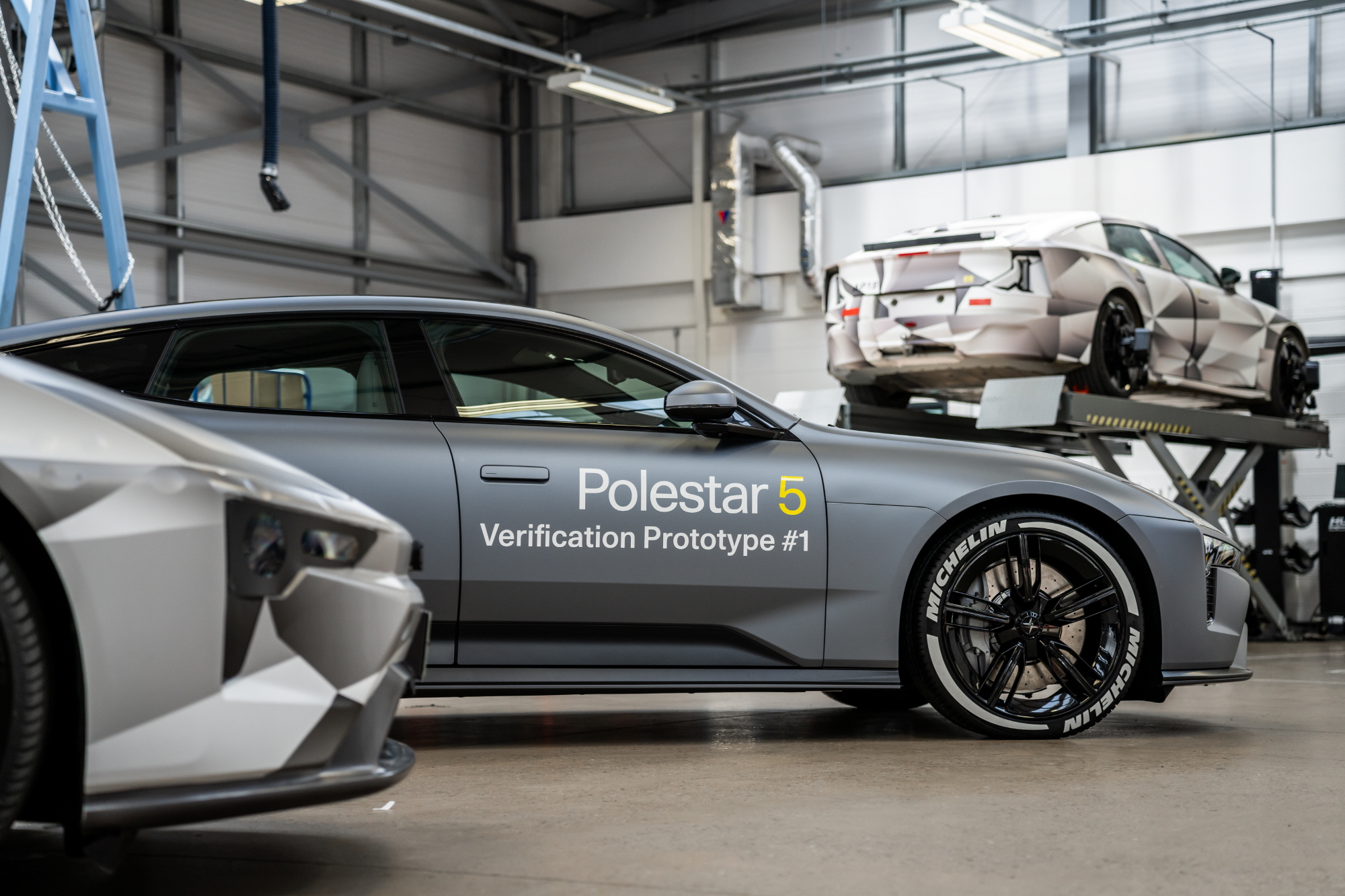
SK On will supply batteries to Polestar. Through this new partnership with a global automotive manufacturer, SK On has secured additional long-term growth momentum in the global battery market.
On the 6th, SK On announced that it has signed a battery supply agreement with Polestar. Accordingly, starting in 2025, SK On will supply battery modules for the ‘Polestar 5’.
This agreement underscores the renewed demand for high-performance NCM batteries in the premium electric vehicle segment.
The ‘Polestar 5’ is a luxurious four-door grand tourer (GT) that Polestar plans to begin production on in 2025. It boasts remarkable performance with a maximum output of 650kW (884hp) and torque of 900Nm, and will be built on a bespoke bonded aluminum platform developed at Polestar’s UK R&D center.
The cells used in the ‘Polestar 5’ are a long-width high-nickel battery (over 80% nickel content) measuring 56cm in length, offering high energy density. By increasing the ratio of silicon used in the anode, the charging performance and energy density have been significantly improved.
With enhanced rigidity in the module case, the battery has also greatly improved stability, passing stringent conditions in Thermal Propagation (TP) tests. Structural efficiency has been optimized by directly applying cooling plates to the modules, also improving overall cooling performance.
Thomas Ingenlath, CEO of Polestar, stated, “The ongoing collaboration with SK On that began with the Polestar brand has finally yielded good results. The Polestar 5 is being developed rapidly and will be equipped with SK On’s high-capacity batteries to provide performance worthy of the grand tourer (GT) status.”
Ji Dong-seob, CEO of SK On, expressed, “We are pleased to collaborate with Polestar on this high-end electric vehicle model. This agreement will solidify our partnership with Polestar and create new opportunities moving forward.”
Meanwhile, SK Group had previously invested in Polestar through its New Mobility Fund in 2021, and the two companies have signed a memorandum of understanding (MOU) to strengthen cooperation in the electric vehicle sector.
Lee Sang-jin daedusj@autodiary.kr

